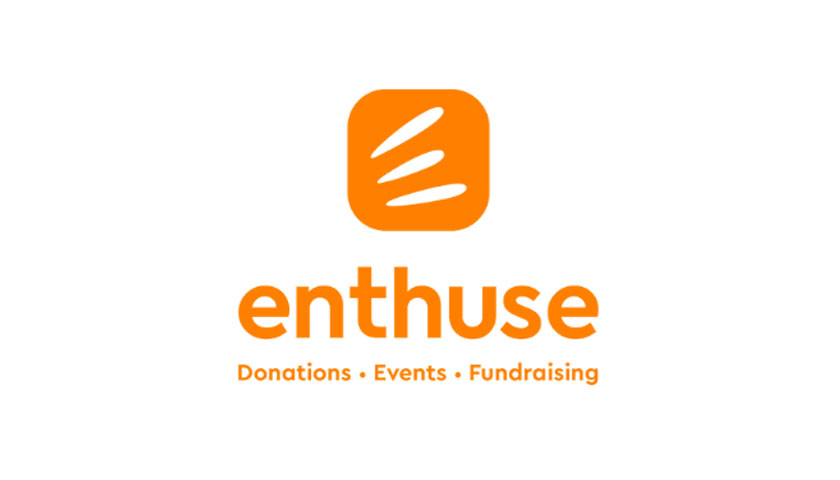Half of people (51%) say they want charities to campaign on political issues, according to the latest research from Enthuse, the donations, fundraising and event reg platform. There is a clear divide between age groups however, with 64% of under 45s supporting charity political involvement versus 61% of over 45s who don’t.
The latest edition of the quarterly Donor Pulse research follows the Charity Commission’s new guidance on charities’ social media use, released after the RSPB’s comments about the government’s shift on environmental policies. The Donor Pulse report looks at the level of trust in charities, thoughts on their political involvement and the cost of giving.
The politics of giving
Good news for charities comes in the form of the public understanding and valuing their role within society. 6 out of 10 (59%) people say that they believe charitable organisations are the most effective at standing up for those in disadvantaged circumstances. This is more than double that who said central or local government (28%). In fact, the public believes celebrities such as Gary Lineker and Marcus Rashford do a better job than the government at standing up for those in need (42%).
While there is a divide among the general public about whether or not charities should get involved in the political arena, it’s clear that charitable organisations who do and are met with criticism, will receive donations in support – particularly from younger people.
In the last six months, one in five (18%) people have taken part in ‘inverse giving’. This is when someone donates to a charity that has received criticism in traditional or social media as a signal of support. The figure grows to nearly two in five (37%) of 18-24 year olds. This is encouraging news for charities who may intend to take a bold stance in the media.
When it comes to giving habits, the research shows that younger people are more likely to support minority causes (e.g charities supporting LGBTQIA+, ethnic minorities and migrants). Half (51%) of under 45s say they’re likely to support LGBTQIA+ charities versus 29% of over 45s. Under 45s are also more likely to support ethnic minority causes (70%) and migrant charities (66%) compared to over 45s at 40% and 38% respectively.
A question of trust
Trust in charities is at a healthy level, with an average score of 6.94/10, with nearly half (45%) scoring their trust between 8 and 10. The level of trust in charities is at such a level where two thirds (67%) believe the government should provide more funding to good causes.
When it comes to the best way to donate, 57% of people feel very confident about where the money goes to when donating directly to a charity online, this is nearly double that of consumer giving platforms (30%). This would suggest that people feel more comfortable giving when they don’t have to go via a visible third party.
Commenting on the research, Chester Mojay-Sinclare, Enthuse Founder and CEO, said:
“In the last few weeks, there’s been debate about the extent to which charities should involve themselves in politics. Particularly as a general election edges closer and environmental issues hit the headlines. The research tells us that the public is split down the middle on charities interjecting, although it’s worth noting that younger people are more likely to support charities engaging in political discourse. They’re also more likely to donate to good causes that receive criticism for speaking on politically charged issues – something for charities to be aware of.”
“The encouraging news for causes is that there is a healthy level of trust in their work and they’re seen as the best people to help those in need. That suggests that their role in society is understood and appreciated. When it comes to whether a charity should get involved in politics or not, they’ll want to read the Charity Commission guidelines thoroughly, but the data tells us that they will receive some support for campaigning on issues that are relevant to their cause.”
Cost of giving improving
The number of people feeling better off in the last six months is tracking up and the number of people feeling worse off is below 50% for the first time in a year. Under 45s are improving more quickly however, with 27% feeling better off and 44% feeling worse off.
When it comes to the issues that are impacting the public’s pockets, energy prices (61%) have continued to drop and are now the second biggest concern for the public. Food prices have dropped slightly to 67% but are now the leading worry for consumers. This quarter has also seen a significant rise in concerns over mortgage and rent payments – jumping eight percentage points to become a concern for nearly two fifths of people (37%).
Equally, another two areas that will be worth watching are the prospect of a recession, which is now a concern for one in five (20%) and job security, which is a worry for around one in six people (16%).
While the public appears to be adjusting to the cost of living, it’s clear that money is still tight. The public’s appetite to donate remains strong though, with 71% planning to donate to charity in the next quarter and 86% of those who have given in the last three months, planning to give again over the coming quarter.
